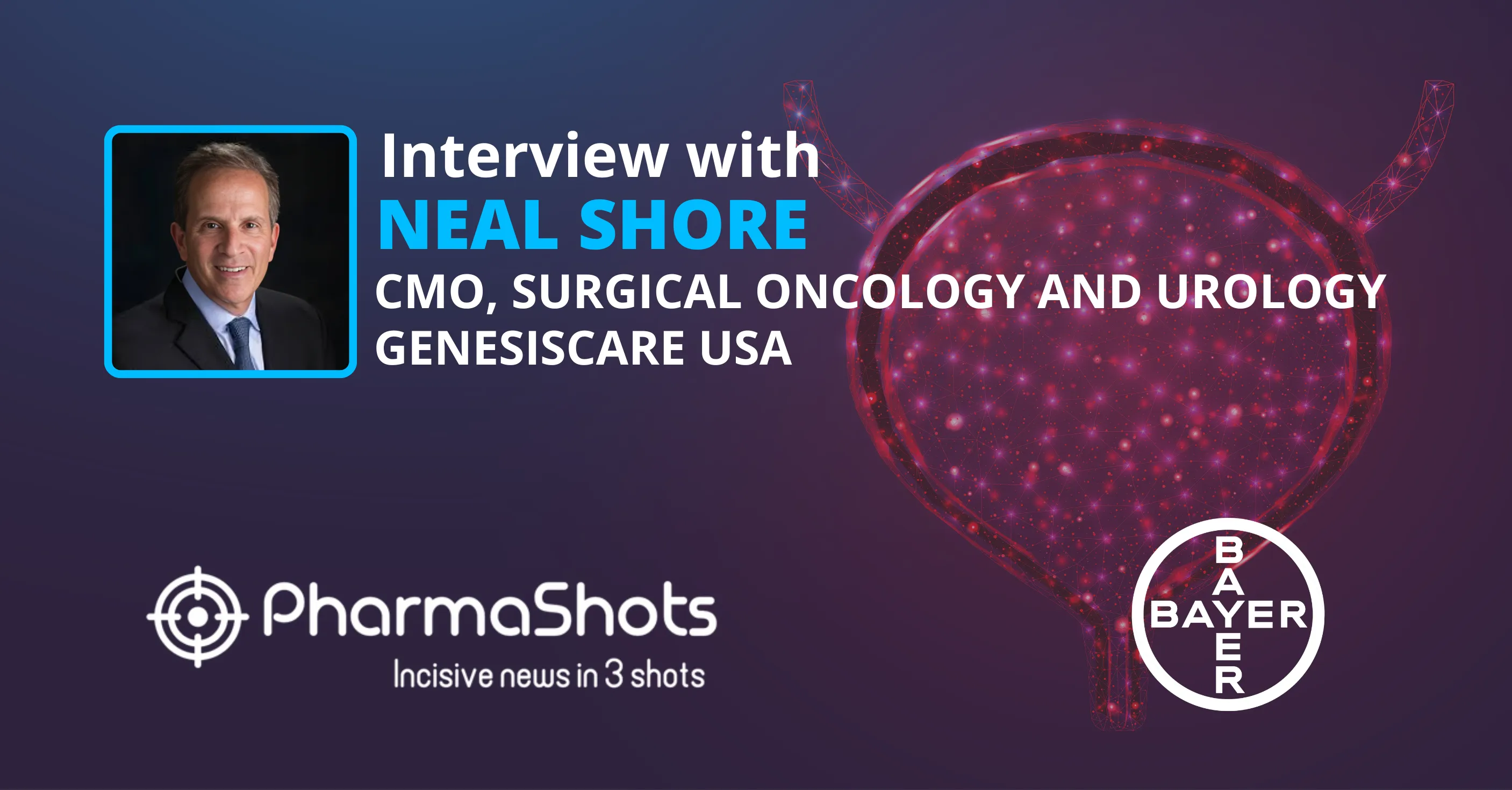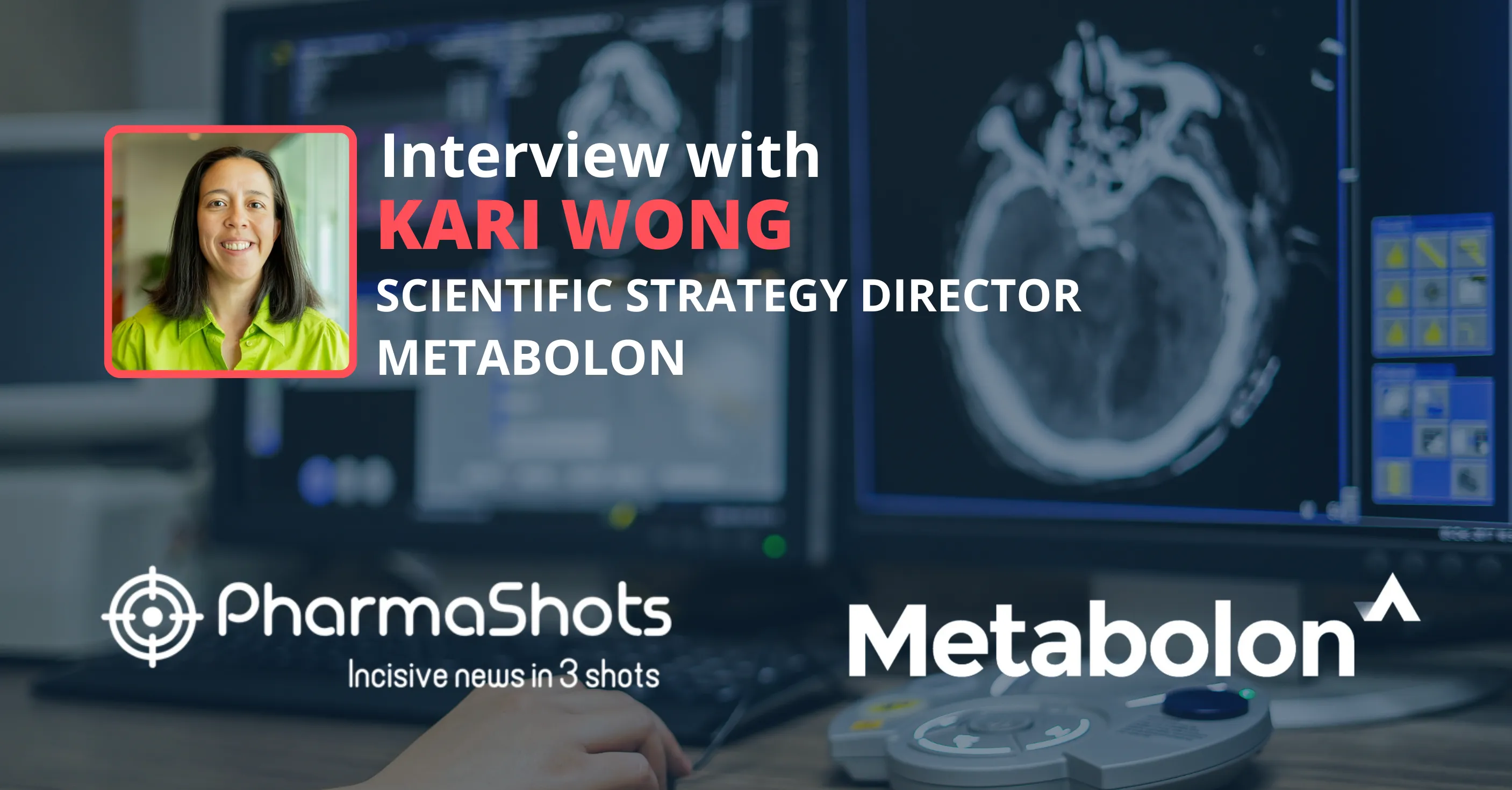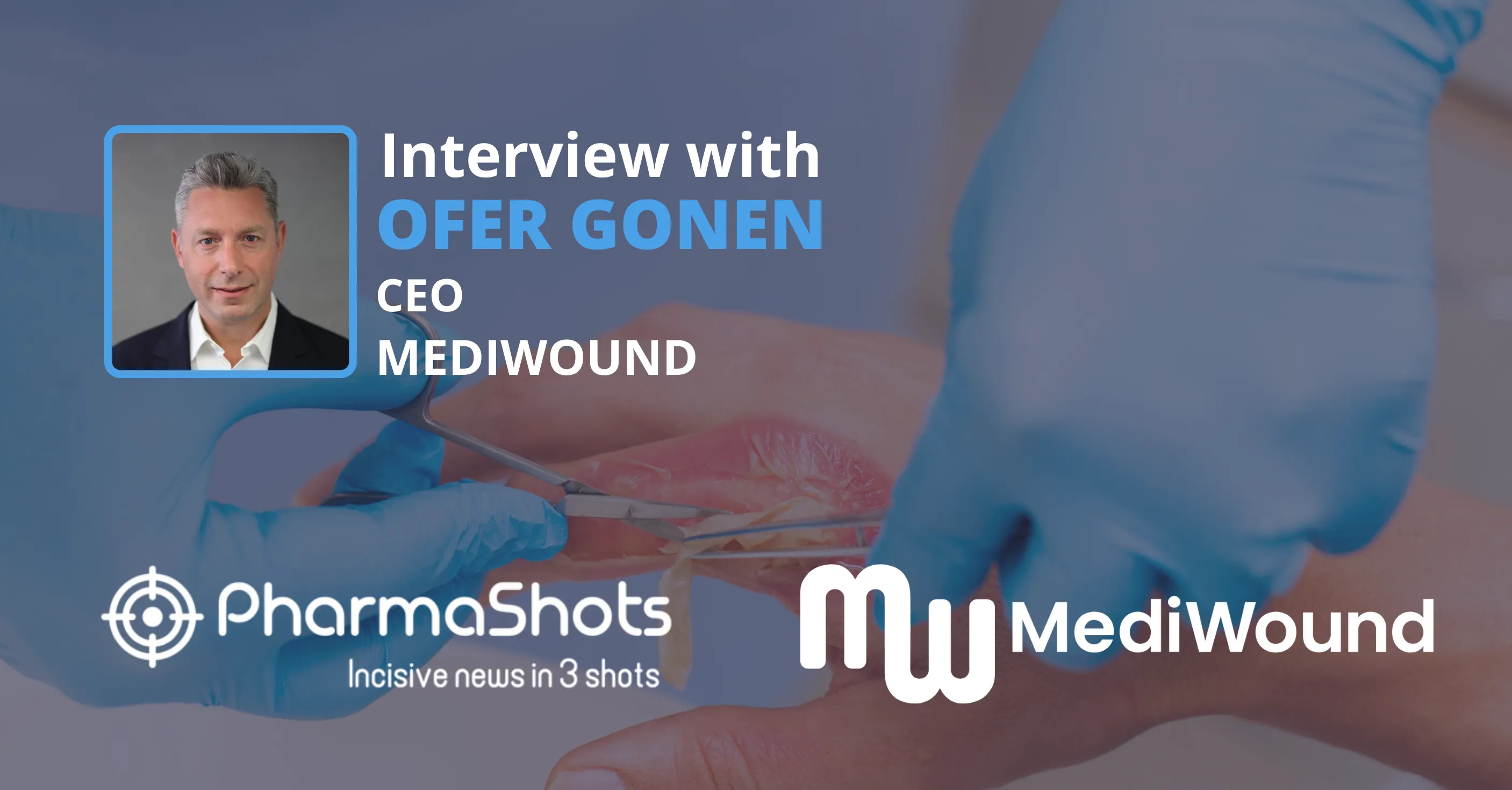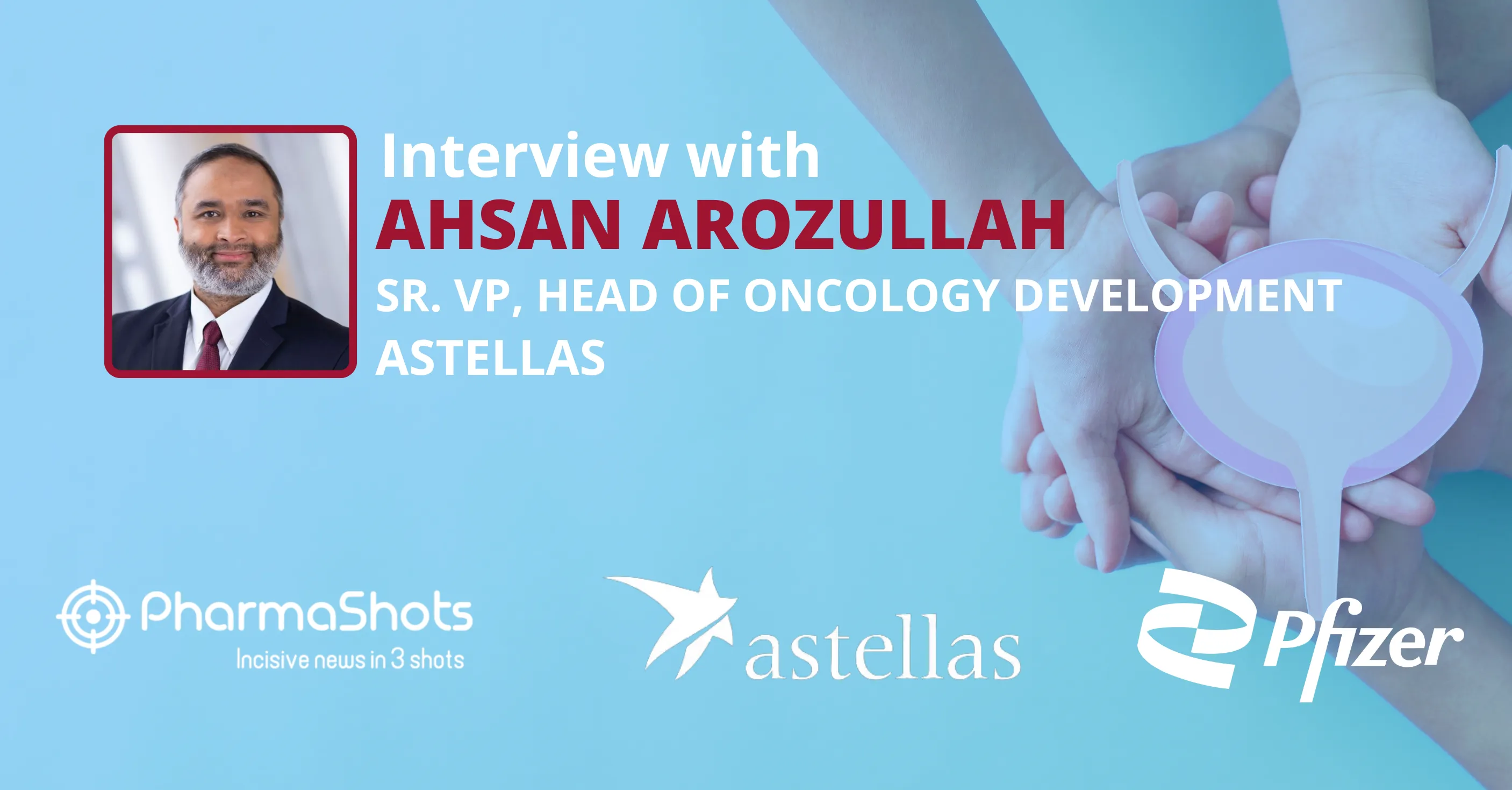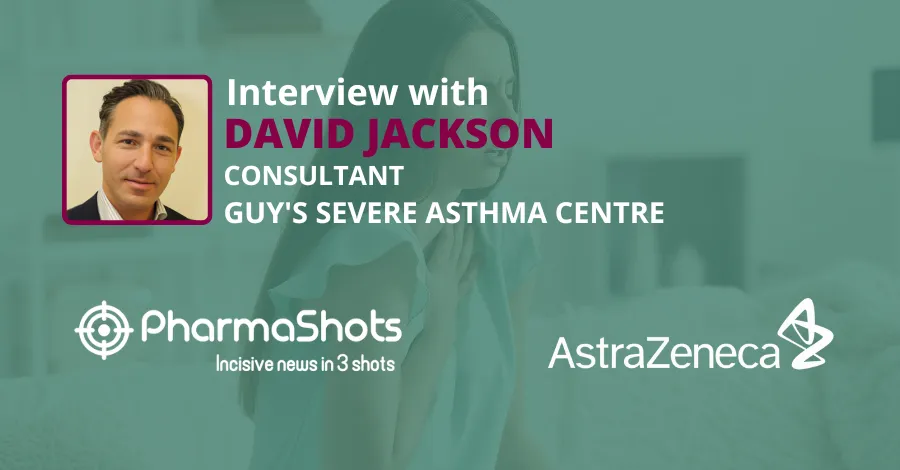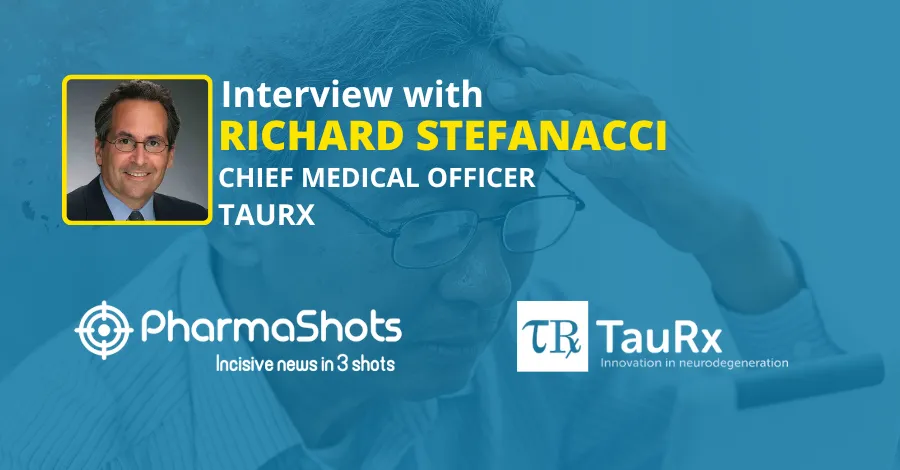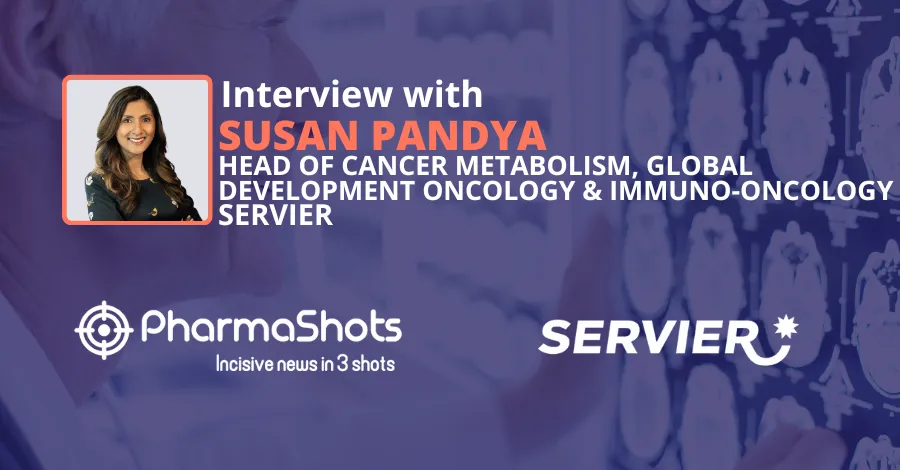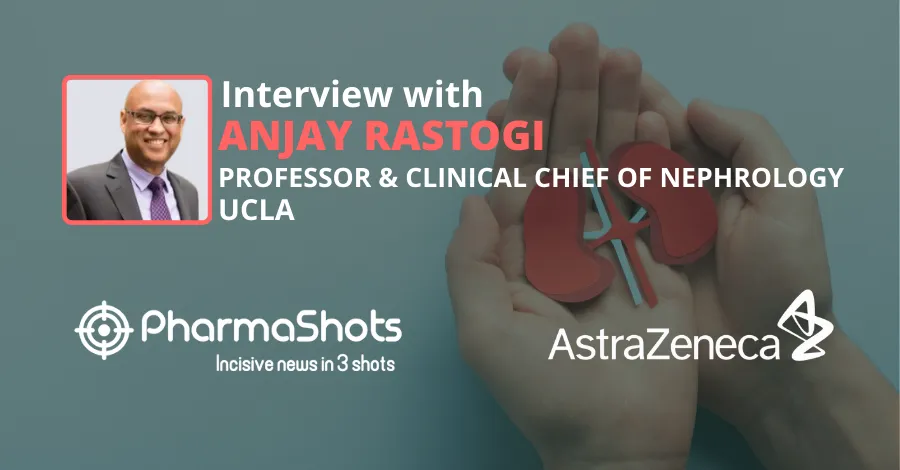
PharmaShots Interview: Ipsen's Dr. Med. Steven Hildemann Shares Insight on the EC's Approval of Cabometyx + Nivolumab for Advanced Renal Cell Carcinoma
In an interview with PharmaShots, Prof. Dr. Med. Steven Hildemann, Executive Vice President, Chief Medical Officer, Head of Global Medical Affairs, and Patient Safety of Ipsen share his views on the approval of the combination regimen for aRCC. He also shed light on the company's near-term goals in the coming years.
Shots:
- The EC approval is based on results of Phase III CheckMate -9ER trial, in which Cabometyx in combination with Opdivo demonstrated significant improvements across all efficacy endpoints
- The approval marks the first approval for Cabometyx in combination with another therapy in Europe and the third indication of Cabometyx in RCC. The decision also allows for the marketing of Cabometyx in combination with Opdivo in this indication in all 27 member states of the European Union, Norway, and Iceland
- Ipsen has an exclusive collaboration agreement for the commercialization of Cabometyx outside of the United States and Japan
Tuba: What are the key highlights of the European Commission's (EC) approval of Cabometyx in combination with nivolumab?

Source: Opdivo
Steven: We are delighted that the EC has approved Cabometyx in combination with nivolumab for the first-line treatment of advanced renal cell carcinoma (aRCC). aRCC significantly impacts those living with the disease around the world, and as such, this approval provides an important new first-line treatment option for patients living with this rapidly progressing disease.
Tuba: Can you share the clinical data that supports the EC's approval of Cabometyx in combination with nivolumab?
Steven: The approval is based on data from the pivotal Phase III CheckMate -9ER trial, which was presented during a Presidential Symposium at the European Society for Medical Oncology (ESMO) Virtual Congress 2020 and published in the New England Journal of Medicine on 3 March 2021.
These data showed that Cabometyx in combination with nivolumab doubled median progression-free survival (PFS) compared to those receiving sunitinib alone: 16.6 months versus 8.3 months, respectively. The combination also demonstrated statistically significant improvements in overall survival (OS), reducing the risk of death by 40% versus sunitinib, as well as significantly improved disease control rates, and a lower rate of discontinuation versus sunitinib. In addition, these data showed consistent efficacy benefits across key subgroups of patients, whilst also maintaining the quality of life.
Please find the full results published in the New England Journal of Medicine (NEJM) here: https://www.nejm.org/doi/full/10.1056/NEJMoa2026982
Tuba: What does this approval mean for patients living with RCC in the European Union (EU)?
Steven: The approval of Cabometyx and nivolumab represents a potentially important treatment approach for previously untreated patients living with aRCC, whilst also maintaining the quality of life. While existing therapies improve outcomes for people living with aRCC, high rates of relapse and disease progression highlight the need for additional therapeutic options, regardless of risk status and consistent across prespecified subgroups.
Tuba: What was the reason for the evaluation of the combination of nivolumab and cabozantinib in RCC?
Steven: The treatment paradigm in oncology is changing and combination therapies are becoming an important option for healthcare professionals in their sequencing decisions. The value of Cabometyx and nivolumab are already established within aRCC with robust supporting data, making it an important combination to evaluate in this indication.
Tuba: How does this combination regimen improve the HRQoL outcomes of patients living with RCC?
Steven: As shown in the NEJM publication, the combination of Cabometyx and nivolumab not only addresses key efficacy needs but also reflects the priorities of patients by providing a treatment option that does not compromise the quality of life. Health-related quality of life (HRQoL) data from CheckMate -9ER showed significantly better quality of life with the combination compared to sunitinib. Within the trial, both disease-specific patient-reported outcomes as measured by the kidney symptom index questionnaires and more general health-related patient-reported outcomes were measured. Together, these data suggest the combination was associated with a lower treatment burden, a decline in the risk of confirmed deterioration in HRQoL, and a reduction of disease-related symptoms compared to sunitinib.
Tuba: What are the other indications in which you are exploring Cabometyx?

Steven: Over the past three years, Cabometyx's unique mode of action and robust data have become clear and we have a defined path to continue expanding on that in multiple tumor indications. Further planned advancements include Cabometyx in combination with immunotherapy in hepatocellular carcinoma (HCC), non-small cell lung cancer (NSCLC) and castration-resistant prostate cancer (CRPC); all patient populations with significant unmet needs.
Tuba: In which other regions is Ipsen seeking the approval of the combination regimen?
Steven: Ipsen has an exclusive collaboration agreement for the commercialization of Cabometyx outside of the United States and Japan. We are working with a broad range of stakeholders within our territories to bring Cabometyx in this new combination regimen to patients.
Tuba: Does Ipsen have any patient support programs or provide support for HCPs?
Steven: Ipsen has invested in a variety of patient support programs globally with the aim of supporting access to our innovative medicines for patients who need them most. These programs vary across the world and are developed and launched according to specific country needs.
Tuba: What other programs/developments does Ipsen have/is Ipsen working on to increase its global footprint in oncology?
Steven: Ipsen's portfolio includes treatments for neuroendocrine tumors, prostate cancer, and cancers of the kidney, liver, pancreas, and breast. Focusing on these selected cancers, and through a culture of external innovation, Ipsen is now among the world's top 14 pharmaceutical companies specializing in oncology.
As part of Ipsen's Group strategy, we will accelerate and prioritize our most promising assets, while executing an ambitious and focused external innovation and business development plan. We will leverage the potential firepower of 3bn over the next four years to add 15-20 assets to our existing portfolio. In Oncology, we aim to identify assets with broad lifecycle management potential in the areas of niche solid or hematological tumors with high unmet needs or biomarker segments in broad tumors.
Tuba: What are Ipsen's next steps for Cabometyx?
Steven: Ipsen is currently evaluating Cabometyx in combination with other therapies in three Phase III trials:
- COSMIC-312, evaluating Cabometyx in combination with atezolizumab versus sorafenib in previously untreated advanced HCC. The co-primary endpoints of the trial are progression-free survival and overall survival.
- CONTACT-01, an open-label study combining Cabometyx with atezolizumab in previously treated metastatic NSCLC. The primary endpoint of the trial is overall survival.
- CONTACT-02, investigating the safety and efficacy of the combination of Cabometyx and atezolizumab in men living with metastatic CRPC, who previously received treatment with a novel hormone therapy. The co-primary endpoints of the trial are progression-free survival and overall survival.
We look forward to continuing to maximize Cabometyx's heritage and, together with our partners, delivering meaningful outcomes for patients in need.
Tuba: What are the wider company goals for the next 12 months?
Steven: Ipsen's Group strategy was announced in December 2020, which established a clear roadmap for our company over the next four years. Over this timeframe, Ipsen will accelerate its innovation to drive a positive impact for patients, our people, and our business. We will focus on delivering innovative treatments that make a real difference in patients daily lives and partnering with the entire healthcare ecosystem to ensure they have access to them.
We have a solid foundation:
- A robust Specialty Care portfolio with strong established brands, and innovative assets
- A substantial global presence and in-house development capabilities
- Highly engaged, passionate and resilient employees and colleagues
We will build on this foundation and will reinforce our focus on Oncology, Rare Disease, and Neuroscience so that we can put our efforts and resources to the best use of patients and society.
Image Source: Drug Topics
About Author:

Prof. Dr. Med. Steven Hildemann is the Executive Vice President, Chief Medical Officer, Head of Global Medical Affairs and Patient Safety of Ipsen. Prior to joining Ipsen, Dr.Hildemann held leadership roles in science-based bioethics and built an innovative digital health startup in cancer care after serving for five years as CMO, Senior Vice President, Head of Global Medical Affairs and Global Patient Safety at Merck.
Related Post: ViewPoints Interview: Aceto's Gilles Cottier Shares Insight on the Acquisition of A&C and IsleChem
Tags

This content piece was prepared by our former Senior Editor. She had expertise in life science research and was an avid reader. For any query reach out to us at connect@pharmashots.com




